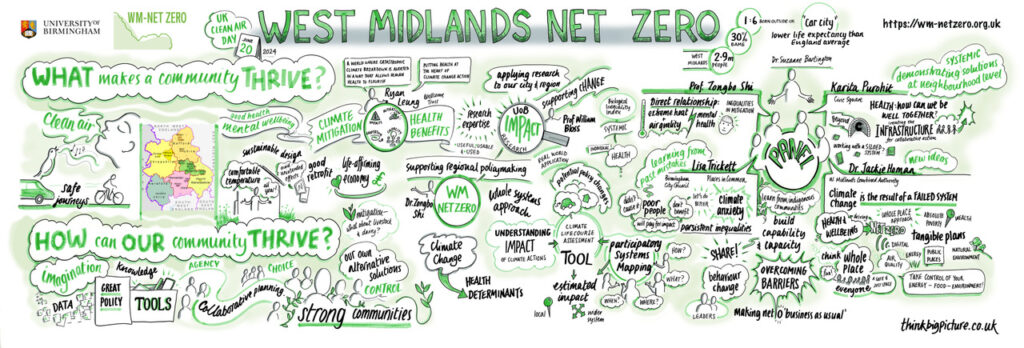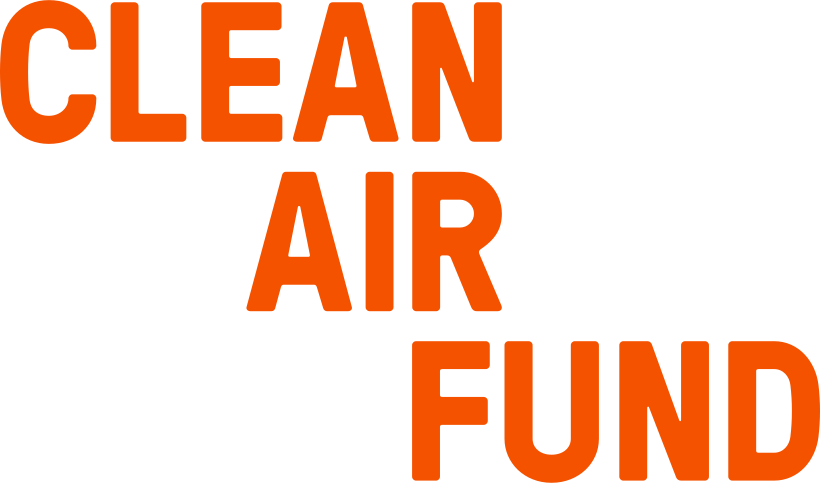
Public Involvement and Engagement in WM-Net Zero

The WM-Net Zero project values the insights and voices of the public as a crucial part of its research process. Through our Public Involvement in Research Group (PIRG) strategy, we’re committed to including diverse perspectives from across the West Midlands, especially those from underrepresented communities. By working closely with local partners, community members, and policymakers, we aim to ensure that the project’s objectives and outcomes truly resonate with the community it serves.
What is Public Involvement?
Public involvement goes beyond mere consultation; it invites community members to actively shape the research by sharing their perspectives and experiences. This collaborative approach enhances the quality and relevance of the project, helping to address real-world issues and build stronger ties between researchers and the public. Through regular meetings, our Public Involvement in Research Group (PIRG) will provide valuable feedback, ensuring that the research remains aligned with the needs of local communities.
What is Public Engagement?
Public engagement is about fostering active participation and creating accessible and meaningful ways for people to connect with the research. WM-Net Zero will organise a series of public engagement events to disseminate our progress. Additionally, workshops and public events will explore project updates on transport, energy, and housing, allowing attendees to directly engage with researchers, ask questions, and discuss community impacts.
By integrating these two approaches, WM-Net Zero seeks to create a project that is not only scientifically robust but also grounded in the experiences and aspirations of the communities it serves. Together, through public involvement and engagement, we can make a lasting impact on regional climate and health policy.


Lead

Nick Smith
